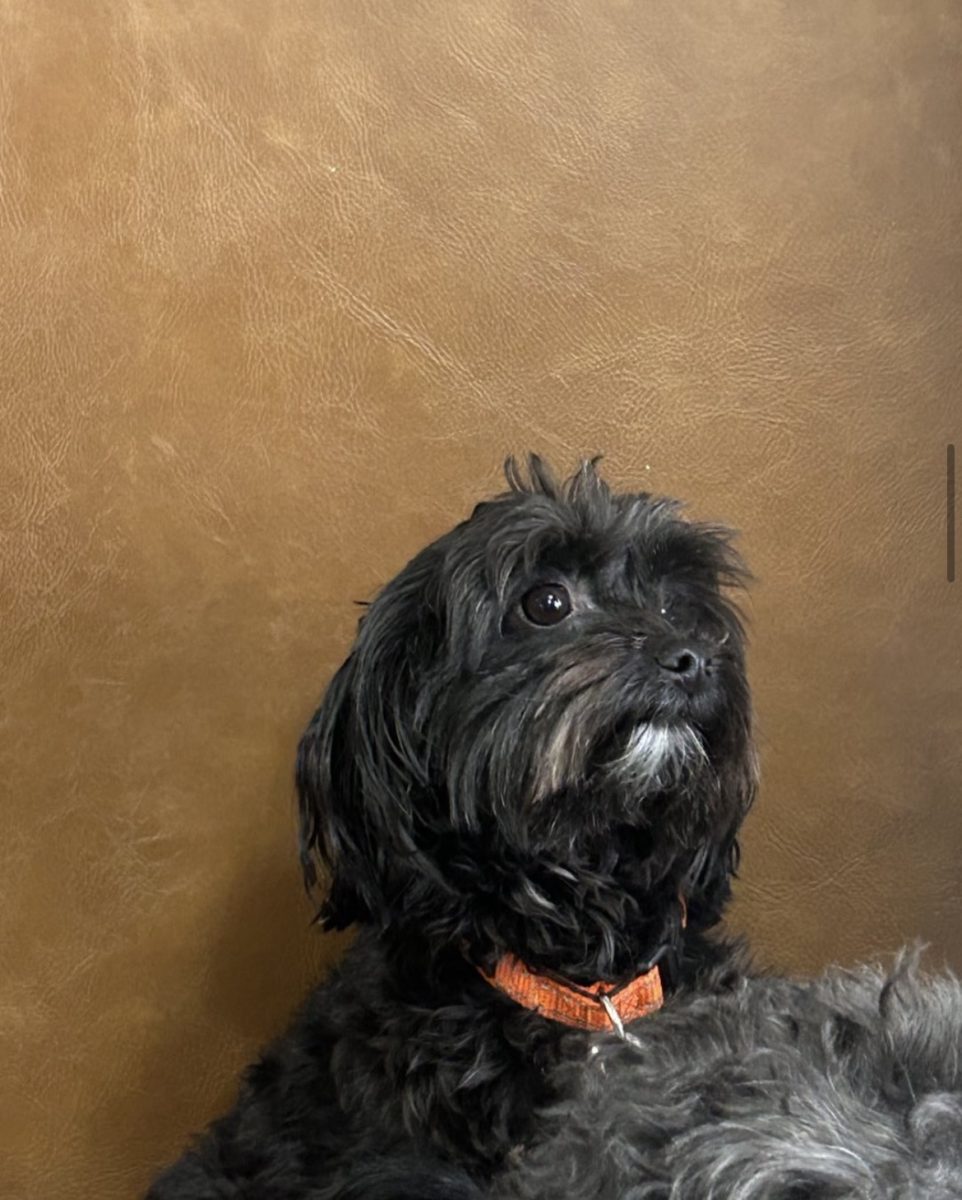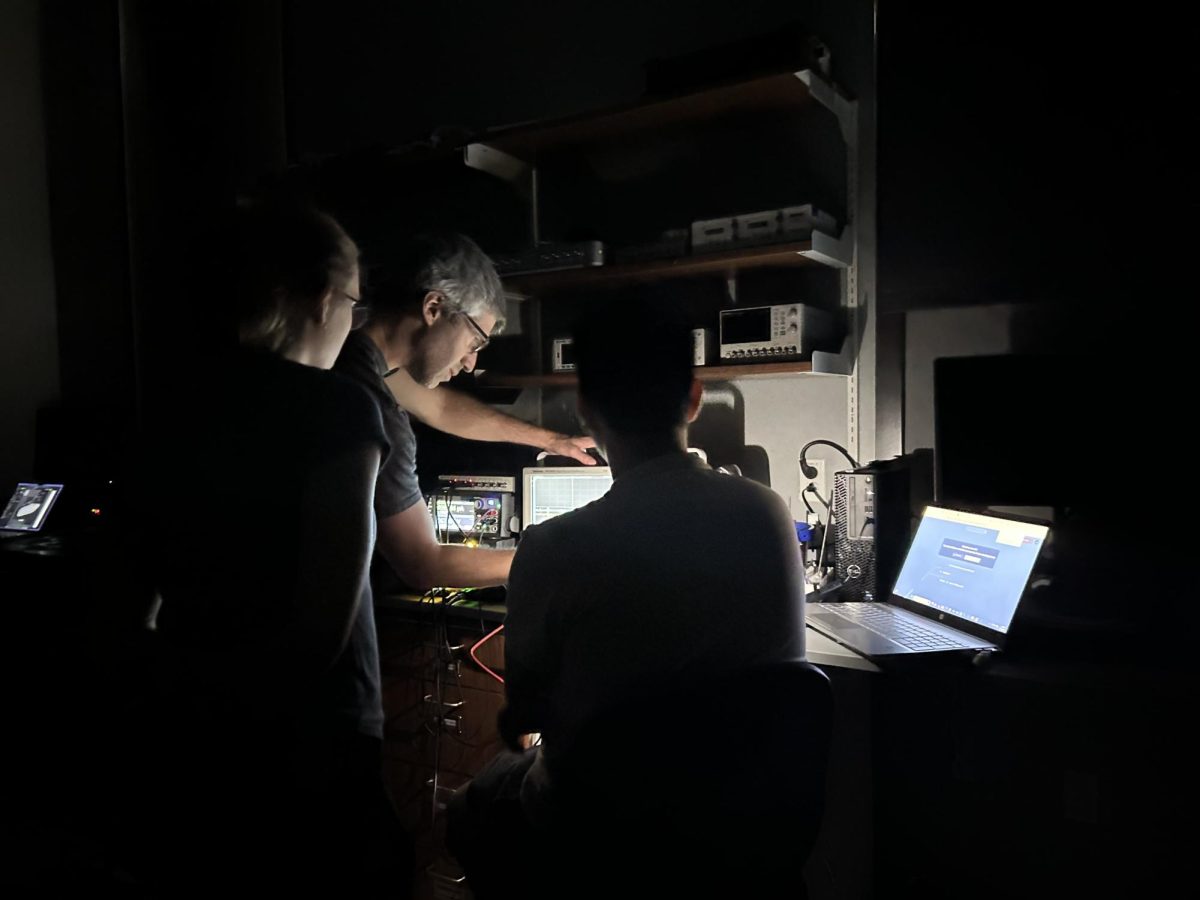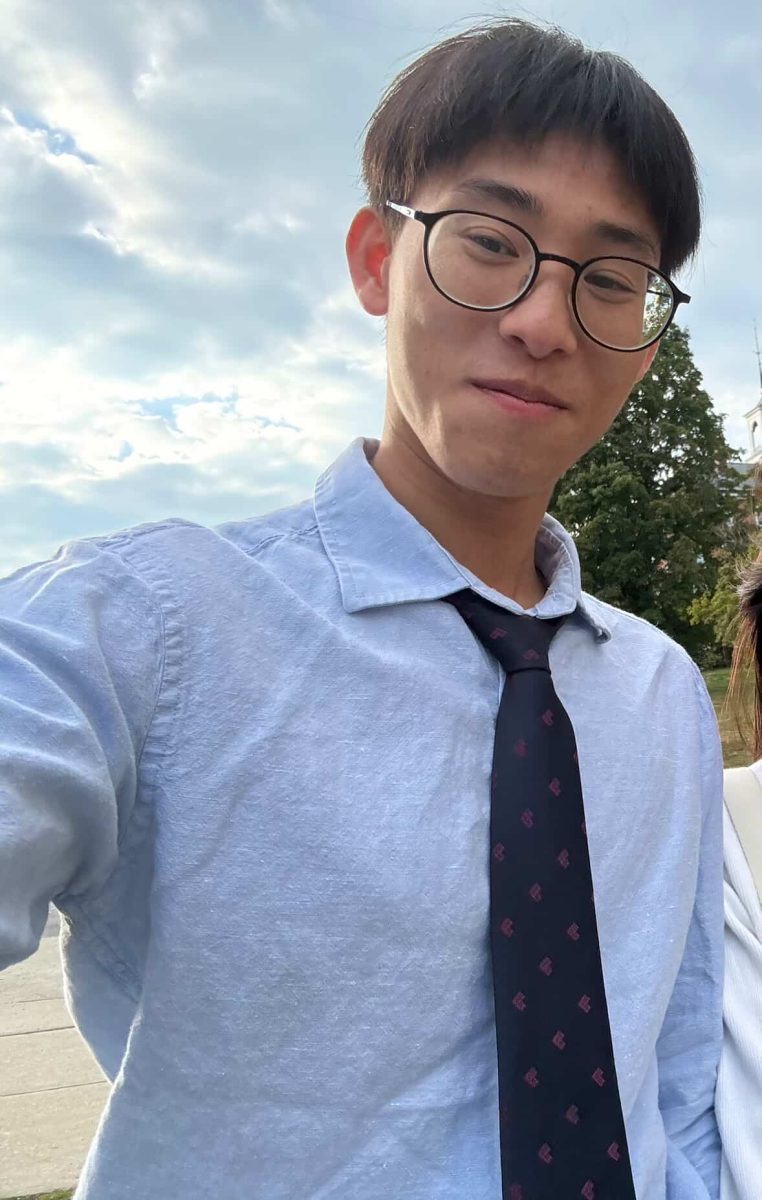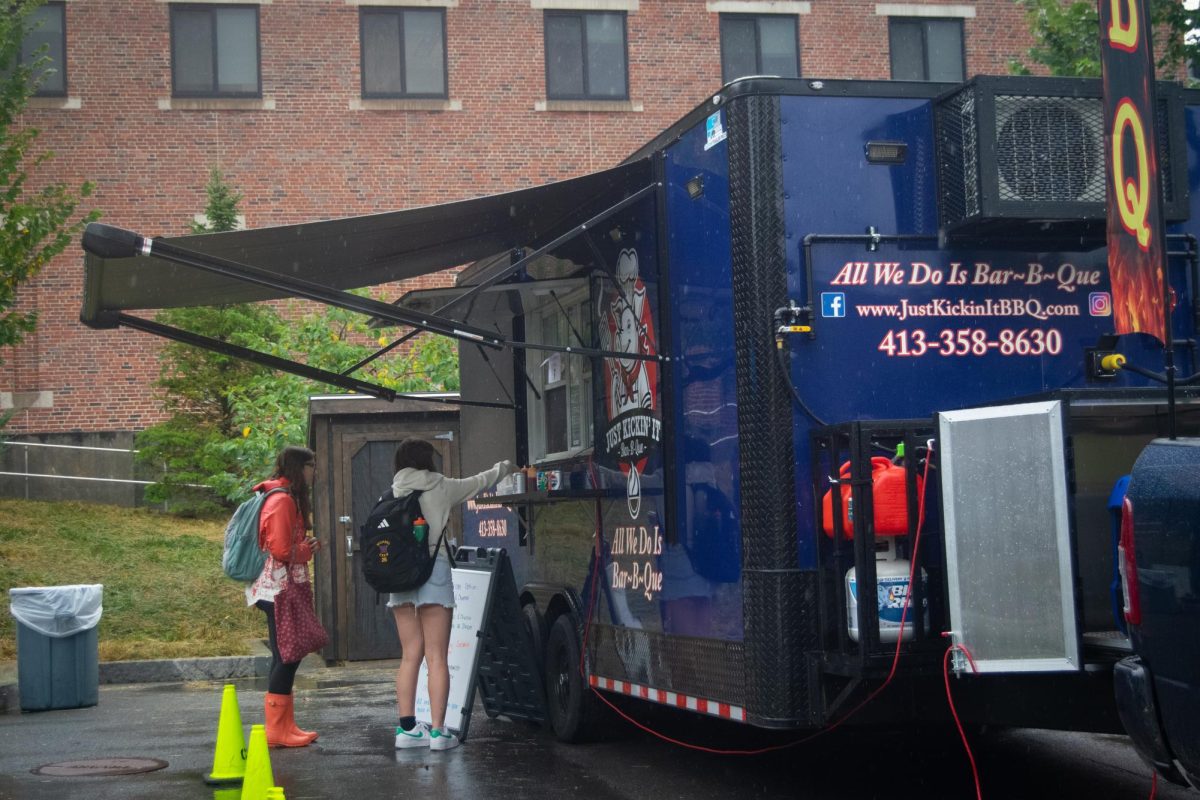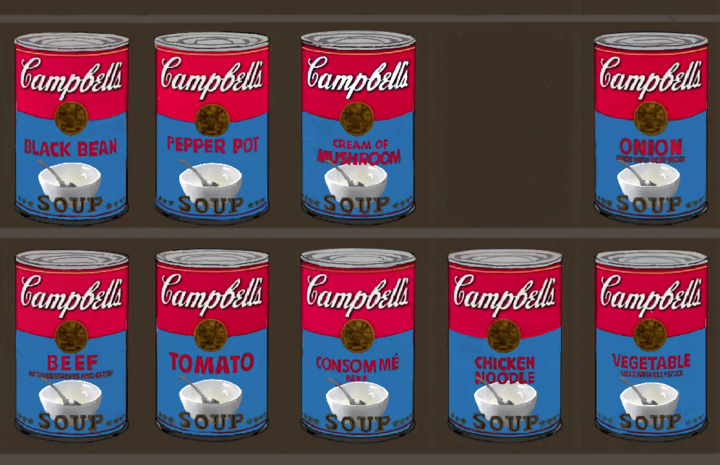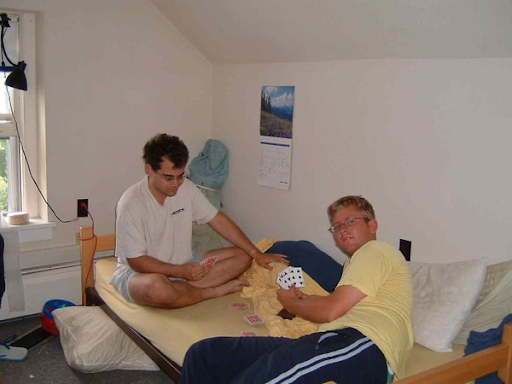
Four years after Wikipedia, there was Willipedia. The online encyclopedia, founded in 2005 by members of Williams Students Online (WSO), compiled quirky Williams lore. While the platform is no longer actively updated, it continues to provide a glimpse into curiosities from the College’s past.
WSO, a student-run platform still used at the College, was launched in 1995 by DeWitt Clinton ’97 and John Kim ’98. Though the site has offered many services throughout its history, today it is most known for resources like Factrak, which gathers reviews of faculty members, and Facebook, which predated Mark Zuckerburg’s platform and, as the name suggests, allows students to search for photos of fellow Ephs.
Willipedia’s entries range from guides to obtain access to College vehicles to bizarre lists, like one listing students who can touch their tongues to their noses. Although the website is still accessible online and viewers can edit any of its articles, most pages have gone over 15 years without modification.
Willipedia was programmed and placed online by Evan Miller ’06 — deemed “head honcho” of WSO in a 2006 Record article. “He was the driving force in WSO, and he decided to put a wiki in there,” said Diana Davis ’07, a former member of the Willipedia board.
“When I heard about [Willipedia], I was really interested in doing it,” Davis said. “If there was something missing, I would absolutely change it.” Davis said that she contributed to “many [articles] — maybe all of them.”
Student contributors like Davis were once the lifeblood of Willipedia. Users wrote articles on more than 100 student organizations and published descriptions of a variety of elements of College life — detailing dorms, dining options, nearby hiking opportunities, and more.
Though the site had its practical purposes, Daniel McKenna-Foster ’07, another Willipedia board member, said that it also offered students one of the earliest places on the internet to “just sort of bullshit.”
“Smartphones hadn’t come out yet,” Davis added. “While we still also wasted a lot of time, it had to take a different form… I don’t think there were many other places to do that kind of thing.”
One Willipedia article — most recently edited in 2008 — catalogs the various forms of fist pounds one might perform on campus. Highlights include the “Ex-Pound,” where you “pound normally, but narrate the entire exchange and pontificate on the origins of the pound to any present bystanders”; the “If a tree falls in the woods and no one’s there to hear it, does it make a pound?,” where you “go into a forest and pound a small tree until it falls over”; and the “Genghis Pound,” where you “start with a normal enough pound, then slaughter the other participant.”
In addition to ruminations on the etiquette surrounding “sexile,” the site also chronicles traditions from the College’s past.
With just a quick scan through Willipedia, one can discover College traditions like Killing As Organized Sport (KAOS), a campus-wide Winter Study game hosted by All-Campus Entertainment in which each player is given a weapon and assigned a human target. KAOS brought “students closer together through the magic of paranoia, assassination, and psychological warfare,” the Willipedia entry on the game explains.
Willipedia also recounts phenomena like “The Cult of Tom” — a 2000 incident in which two students, Jeff Grant ’00 and Tom Fleming ’00, supposedly created their own cult at the College. The two “realized that people would wear pretty much any free T-shirt,” so they printed shirts that said “Cult of Tom.” There was one requirement to be in the Cult of Tom: wear the shirt. Per Willipedia, the cult gained so much traction that students began carving “Cult of Tom” onto Driscoll trays.
The Willipedia “bullshit” — as McKenna-Foster put it — does not end there, though. Another entry describes an “Orgo Drinking Game,” designed to “keep orgo a bit more interesting (and even less comprehensible).” The rules of the game demand that participants take a shot each time the course’s professor engages in certain behaviors, including throwing objects at the students, tripping over the lab bench, and uttering the phrase “makes perfect sense.” Per the article, on March 1, 2006, the professor himself played the game.
Along with these informative encyclopedic entries, Willipedia also boasts dozens of biographical articles about individual students. The site’s founders, however, were not on board with this practice. “In those times, we discouraged individuals from having Willipedia pages, because where does it end?” Davis said. Even though she herself had an entry published in 2005, which begins by stating that she is “totally awesome,” she added that she was not its original author.
Throughout the early 2000s, Willipedia remained a relevant resource for the College community. In 2011, the former Office of Student Life began to “focus on improving student life outside the classroom,” the Record reported. As part of this mission, the Office of Student Life expanded Willipedia — which the Record reported was “widely used by students” — to make information about the College’s student organizations more accessible.
Despite Willipedia’s former popularity, the platform is dormant today. The site states that it is “governed by the Willipedia board and hosted by WSO” — but the board members listed all graduated at least 15 years ago. Currently, the site displays a banner that reads, “Willipedia is now back online as of 5/5/2019,” and asks readers to help update it through the “Willipedia 2.0 Project.”
WSO president Matt Laws ’25 said the group’s involvement in Willipedia this year has been “zero,” though he noted that WSO recently considered putting out a message encouraging people to update the site. “[Willipedia] seems cool, but I’ve never used it,” Laws said. “I know we direct to it, but I don’t think it’s necessarily our job to maintain it.”
This dormancy didn’t shock to its early users. “The issue with Williams is that it’s so small,” McKenna-Foster said. “Not that many people are going to care about the history of Sage Hall, right?”




